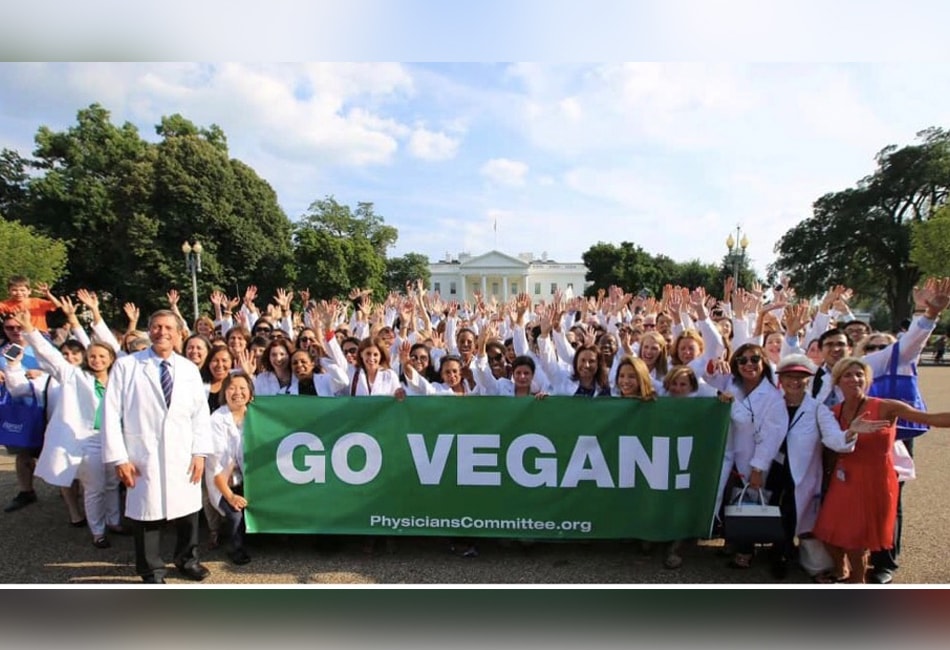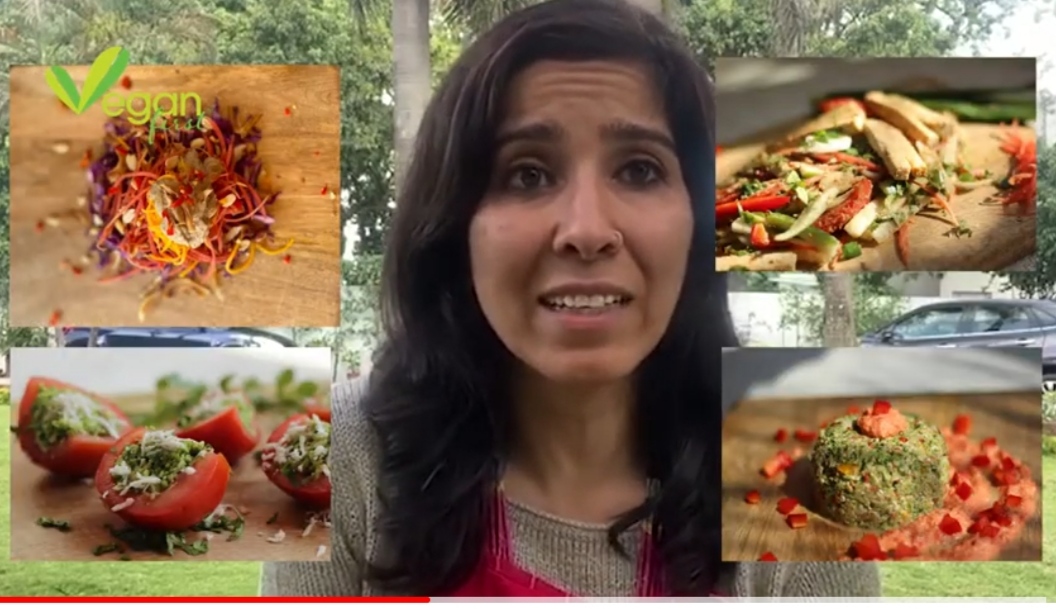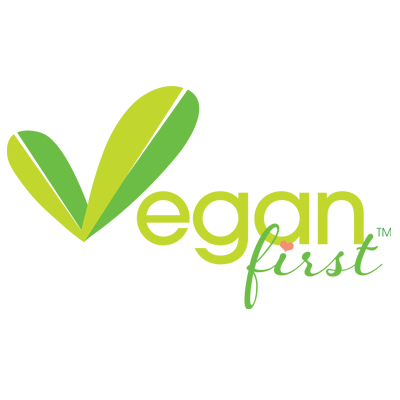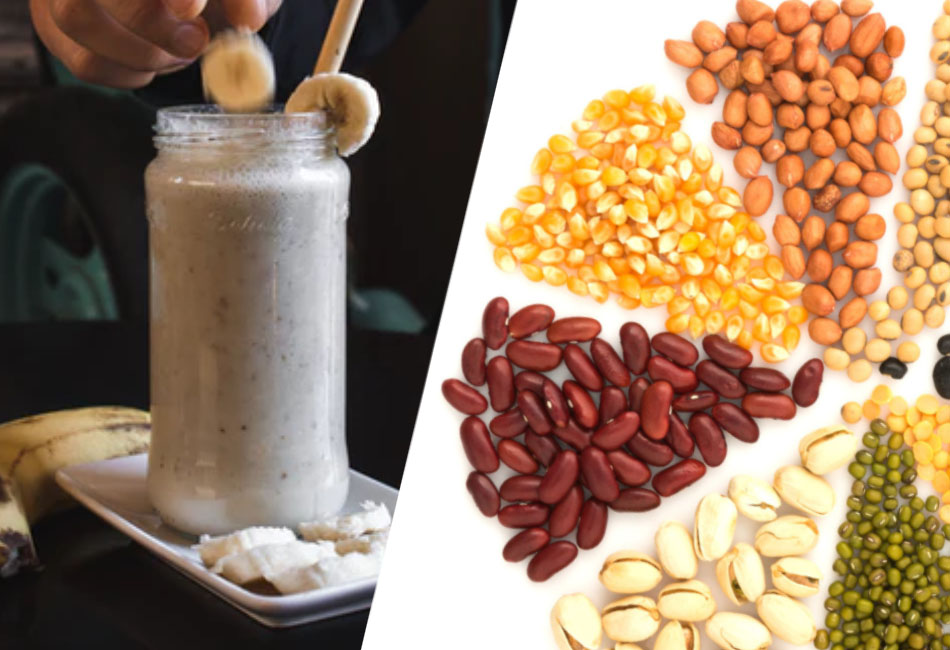Download Free Vegan Starter Kit -
.png)
10 Vegan Sources of Omega-3 to Help you Ditch the Supplements
27th Dec, 2023
“If you don’t eat fish, where do you get your Omega-3 fatty acids from?” — Have you heard this way too often? You’re not alone. Omega-3, a core nutrient that is essential for your optimum health, is commonly associated with seafood or fish oil supplements. However, it is possible to meet your Omega-3 requirements on a vegan or vegetarian diet.
But firstly, what do we mean by Omega-3? And, why do we need it? What are the benefits and plant-based sources of Omega-3? We explain all in this article.
What is Omega 3?
Omega-3 is a fatty acid. For most of us, the minute we hear the word ‘fat’ in a food context, we cringe or worry. Because aren’t fats bad for our health? Relax! Not all fats are bad.
Trans fats and saturated fats such as those found in cooking oil or in most packaged and processed foods, are indeed bad. But fats like Polyunsaturated Fatty Acids (PUFA) and Monounsaturated Fatty Acids are essential for our bodies. Two such PUFAs are Omega-3 and Omega-6 fatty acids.
The human body can synthesise many types of fats on its own. But, that isn’t the case for Omega-3 fatty acids. These are essential fats that the body can’t make from scratch. So, it needs to be provided through food, according to the Harvard School of Public Health.
Specific types of Omega-3s include DHA and EPA (found in seafood) and ALA (found in plants, as mentioned in the Cleveland Clinic.
Dr. Brooke Goldner, M.D, from Goodbye Lupus and author of 3 bestselling books on disease reversal and plant-based nutrition, elaborates in her webinar, “In modern times, people have overdosed on the counterpart to Omega-3 fatty acids, called Omega-6 fatty acids, which is found in processed foods, oils and animal products like meat, eggs and dairy.”
“Overdosing on Omega-6 compared to Omega-3 can cause rigid cells, slow metabolism, chronic inflammation and chronic diseases. That's why it is important to offset this with high doses of foods containing Omega-3 fatty acids,” she adds.
Vegans, vegetarians and others who do not eat fish, need to consume higher doses of Omega-3 rich plant-based foods because only ~5% of ALA Omega-3 is converted to EPA and DHA by the body.
The daily intake of Omega-3 recommended by US National Institutes of Health (NIH) is 1100 mg (1.1g) for women and 1600 (1.6g) mg for men.
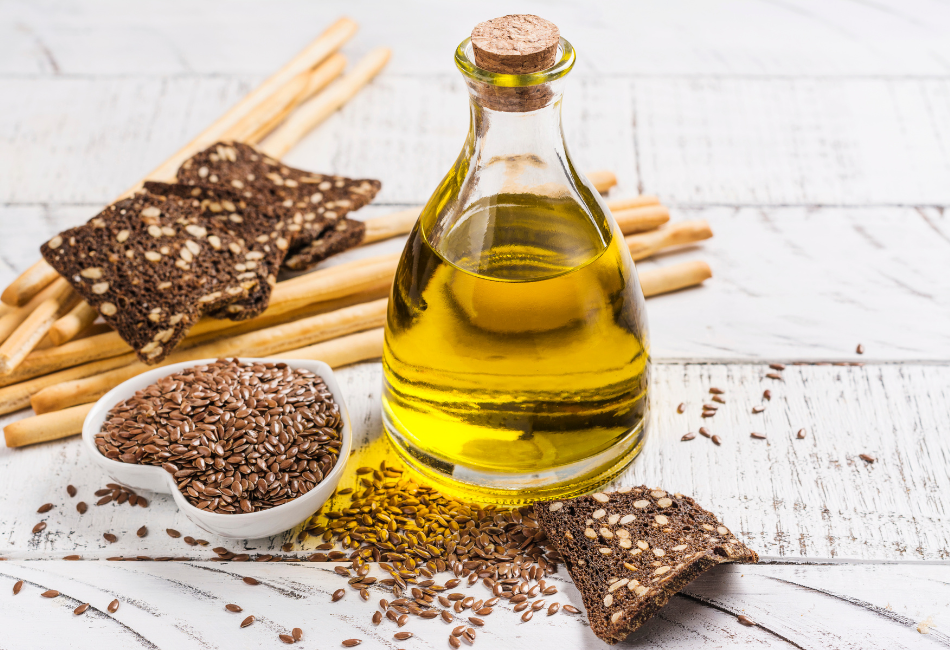
Why do we need Omega-3?
The top line is that without sufficient Omega-3 in our body, the healthy food we eat is not going to show as much impact as it could and should.
Dr. Brooke Goldner had previously explained in her webinar that even if you eat very healthy food, it will not show a positive health impact if the cell walls/membranes are hard. The rigidity won’t allow nutrients from your food to penetrate and enter.
The answer? Omega-3! It is the special ingredient that keeps cell walls supple and flexible enough for your food’s nutrients to enter it.
Thus Omega-3 fatty acids help all the cells in your body function as they should. In addition, Omega-3 provides your body with energy (calories) and supports the health of many body systems.
.png)
Health benefits of a diet rich in Omega 3
The list of reasons that make Omega-3 extremely crucial for our health is long. Let’s start with the most important ones, as explained by Dr. Goldner. Omega-3 fatty acids are needed for optimal function of the nervous system, cells, and immune system. High doses of foods containing Omega-3 fatty acids help to improve metabolism and overall health.
You will also be able to maintain a healthy weight, build muscle, lose fat easily and reverse diseases when you do the right exercises.
Harvard School of Public Health further adds, “They also bind to receptors in cells that regulate genetic function. Omega-3 fats have been shown to help prevent heart disease and stroke, may help control lupus, eczema, and rheumatoid arthritis, and may play protective roles in cancer and other conditions.”
Cleveland Clinic specifies, “While they’re important to all your cells, Omega-3s are concentrated in high levels in the cells of your eyes and brain.” That is why it is also known to help with Alzheimer’s, dementia and cognitive function.
Additionally, NIH also lists other Omega-3 benefits as infant health and development, Age-Related Macular Degeneration (AMD), dry eye disease, etc.
Now we know, Omega-3 is essential for our functioning as well as survival. That leads us to the next question: Which is the best source of Omega-3 fatty acids? Where do supplements source their Omega-3s from?
10 plant-based sources of Omega-3
1. Flax seeds
Flaxseed is a rich source of ALA (35% of its mass is oil, of which 55% is ALA), fibre, and lignans. That is why gastroenterologist and author Dr. Will Bulsiewicz (Dr. B), in his excellent book Fiber Fueled, lists them as one of the three Omega-3 Super Seeds. According to his book, a tablespoon of flax contains about 2300 mg of ALA.
Because they are a good source of soluble fibre, flaxseeds are a traditional remedy for constipation too. Also being a particularly strong source of lignans, they help protect against hormonal cancers like breast or prostate cancer.
In terms of usage, it is widely suggested that chewing or consuming freshly ground flaxseed is more effective and easier for the body to absorb. That’s why certified plant-based health coach Krupa Shah Cordeiro gets in her daily dose of flaxseeds by blending it along with her daily smoothie. That way, she does not need to separately grind it afresh every time.
Flaxseed oil is an equally good source of Omega-3.
2. Chia seeds
According to certified plant-based health coach Krupa Shah Cordeiro, “Chia seeds, walnuts and flax seeds are all excellent plant-based sources of Omega-3.” These are also 2nd in place in the “Omega-3 Super Seeds” list as per Dr. Will Bulsiewicz.
He says, “You’ll find lignans in chia seeds as well, though the levels are higher in flaxseeds. Chia has slightly more Omega-3s (2400 mg vs 2300 mg per tablespoon) and significantly more fibre (5 gm in chia vs 3 gm in flax). Chia seeds are 40% fibre by weight, making them one of the top sources of fibre in the world.”
A handful of these super seeds per day is generally considered to be a sufficient dose of Omega-3.
One of the ways Krupa Shah Cordeiro likes to consume chia seeds is by “ending your dinner with a small cup of easy-to-make chia seed pudding. Just soak chia seeds for a few hours in plant-based milk, add some natural sweeteners, cocoa powder, and voila! Your chia seed pudding is ready.”
3. Hemp seeds
Hemp seeds round up the last of Dr. Bulsiewicz’s “Omega-3 Super Seeds“. Though they come from the same plant as marijuana, they are legal and do not contain the substance that gets you high.
They have about 40% of Omega-3 ALA that you find in chia and flax seeds but lower fibre. They are a complete protein though. So, as Dr. B says in his book, they are a one-stop shop for both essential fats and amino acids.
An easy way to consume these is by adding them to your salad, smoothie or oatmeal.
4. Walnuts
Yet another good vegan source of Omega-3 are walnuts. Though they contain a lesser amount of Omega-3, they have particularly high content of ALA (11.6% of total) compared to other nuts (i.e. hazelnuts and almonds) (source: NIH). They also have other minerals like copper, phosphorus, manganese, etc.
You could sneak in some soaked walnuts by adding them to your daily salad or you could make laddoos with oats, walnuts, chia seeds, flax seeds, sweetened with dates and eat one laddoo a day, the way Krupa does.
5. Soybean
As per NIH, soybean contains 1.33g of Omega-3 per 100g. It is also a rich source of potassium, fiber, protein, etc. You could make curries or vegetables or chaat out of it. Or soak it overnight and make soy milk or soy curd at home.
6. Canola Oil
Canola oil contains 1.28g of Omega-3 per tablespoon as per USDA. It provides benefits such as reduction in bad cholesterol and thus, reduces the risk of heart disease. However, like for any oil, it is good to use canola oil in moderation and preferably in the cold-pressed form.
7. Firm Tofu
Firm tofu contains about 0.58g of Omega-3 per 100g. It is also a great source of protein, Vitamin A, potassium, etc. The best part is that there are so many ways to use tofu. You can add them to salads, roast them, add chunks to biryanis, or use them in a roll or a wrap.
8. Edamame
Edamame, or ‘soya phali’ as it’s called in Hindi, is another good vegan Omega-3 source. It contains about 0.28g of Omega-3 per half cup. Edamame is very popular in Asian cuisine such as sushi, dimsums, ramen, etc. You can also add it to salads or make a chaat out of it.
9. Spinach
Raw spinach contains about 0.138 g of Omega-3 per 100 g. Besides Omega-3, spinach is also an excellent source of fibre, iron, beta carotene, Vitamin A, etc. according to the US Department of Agriculture. That’s why, in general, it is considered to be a superfood. Remember Popeye?
One of the simpler, quicker ways to get maximum goodness out of spinach is to blend it raw in the form of a green smoothie. You could also puree the spinach, add it to flour, and make palak rotis, or add it to khichdi and make palak khichdi.
10. Algae
According to Dr. Brooke Goldner, algae is also a source of Omega-3, but it is hard to find in high quantities. Hopefully, this won’t be a problem in India. Under the Pradhan Mantri Matsya Sampada Yojan, the Indian Government is investing ~Rs. 640 crores to increase seaweed production to 10 crore tonnes by 2025.
Agar agar, made from seaweed, is used as a vegan replacement of gelatin in desserts. Other algae called spirulina, nori, etc are used in East Asian dishes like sushi. Don’t forget to give them a try!
Omega-3 is an essential component for optimal health, especially when following a vegan or plant-based diet. By understanding its significance and incorporating natural vegan sources of omega-3 into your meals, you can ensure that your diet provides the necessary nutrients to support a healthy lifestyle and improve your overall well-being.
Disclaimer: Always consult a medical professional before making any decisions regarding your diagnosis and diet plan if you are suffering from a medical condition. The information present in the website, newsletters, e-mailers, or social media is neither intended nor implied to constitute medical advice, diagnosis, or treatment. We assume no responsibility, and shall not be liable for any damage or injury in such a case.
AUTHOR

trending
2.png)
Be a Vegan First Informer
Send us buzzworthy news and updates
Explore
Contact Us
About Us
Stay Connected
Copyright ⓒ 2017-2023. VEGAN PASSION PRIVATE LIMITED. All Rights reserved.
For more information, please write to hello@veganfirst.com
Registered Office Address: 55, 2nd floor, lane 2, Westend Marg, Saidullajab, Near Saket Metro Station, New Delhi, Gadaipur, New Delhi South West Delhi, DL

2.png)

.png)

.png)
2.png)
2.png)

1.png)

